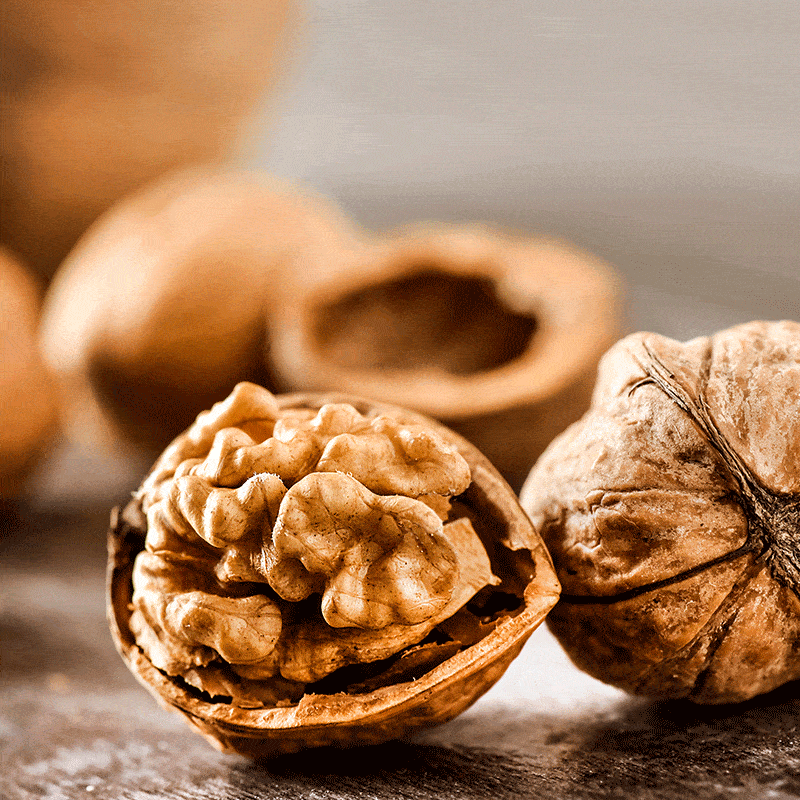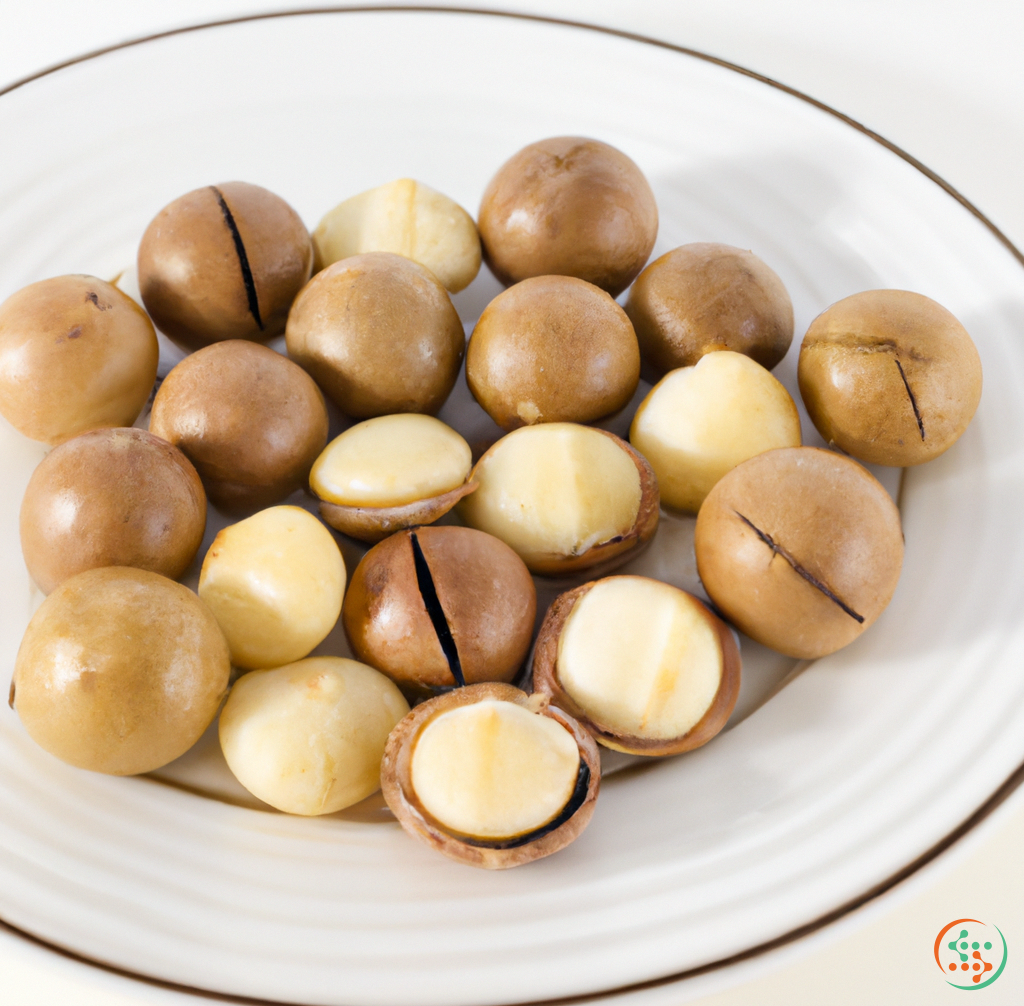What to Eat in Kauai
페이지 정보
작성자 Judson 댓글 0건 조회 7회 작성일 25-10-26 11:31필드값 출력
본문

We wanted one thing informal on our last night time (and close to our condo) so we headed back to Tiki Iniki yet one more time. We brought it back to our condo for dinner one night time and to the beach another day. Nonetheless, the tacos were excellent that first day and i heard others say the salads had been great, too. It's arduous to say how these efforts will materialize in Android M. Google, with additions to L like JobScheduler and Project Volta, has already taken goal at bettering battery and efficiency on Android, however familiar battery life complaints still linger on for a lot of customers, even on the Nexus 6 and Nexus 9, Google's flagship Lollipop devices. Recently, leaks point out that Android M reportedly stands for yet another dessert, which isn't surprising considering that every one the other variations of the cellular OS have been named after a candy deal with. You'll have to know when to select nuts to beat the squirrels, mice, and deer.
 Some nuts, like walnut, can be utilized as everlasting ink or dye for cloth, wood, or hair (your wife will appreciate it or think camouflage). We'll keep an eye on this and take steps to enhance performance where potential. It may take an especially long time for food. It’s tucked within the back of a purchasing middle, but what it lacks in views, it makes up for in a terrific workers and fun meals. Here you could find Kauai Cookie Company cookies and Kauai Coffee Company espresso to bring back home. As at all times, it is value noting that these release timeframes can change. August is a number of months away, so relying on what occurs between every now and then, the release may get delayed. Having the hive moved every few months must be very difficult for the bees. These bees cultivate yeast associated with pollen. They are part of the Apidae household, along with honey bees, bumble bees, and carpenter bees. Macadamia nuts can be found at most grocery shops and on-line. Yep, a grocery retailer. Pc Mag, nevertheless, went a bit additional by suggesting that "mille feuille" might be a contender - that is if Google needs to opt for something that is a "pronunciation nightmare" to tell apart the upcoming OS model from its predecessors.
Some nuts, like walnut, can be utilized as everlasting ink or dye for cloth, wood, or hair (your wife will appreciate it or think camouflage). We'll keep an eye on this and take steps to enhance performance where potential. It may take an especially long time for food. It’s tucked within the back of a purchasing middle, but what it lacks in views, it makes up for in a terrific workers and fun meals. Here you could find Kauai Cookie Company cookies and Kauai Coffee Company espresso to bring back home. As at all times, it is value noting that these release timeframes can change. August is a number of months away, so relying on what occurs between every now and then, the release may get delayed. Having the hive moved every few months must be very difficult for the bees. These bees cultivate yeast associated with pollen. They are part of the Apidae household, along with honey bees, bumble bees, and carpenter bees. Macadamia nuts can be found at most grocery shops and on-line. Yep, a grocery retailer. Pc Mag, nevertheless, went a bit additional by suggesting that "mille feuille" might be a contender - that is if Google needs to opt for something that is a "pronunciation nightmare" to tell apart the upcoming OS model from its predecessors.
A large model of the fruit was priced around $20. Not wanting to cut up a pineapple in our rental nor spend $20 (even though I knew it can be amazing), we have been thrilled to find the Phrosty. Located in the same advanced as the fish market, you’ll find my favourite non-alcoholic beverage of the trip. Another reason is that it is a good source of proteins, carbohydrates, and an excellent wholesome fats substitute whenever you can’t find one other supply. This syndrome involves a gaggle of risk elements, together with high blood pressure, high triglycerides, low HDL ("good") cholesterol, excessive blood sugar, and belly fat. Evidence shows that the nutrients in macadamia nuts may help decrease blood sugar. This made from frozen slices of the Sugar Loaf Pineapple. The frozen slices are sent by means of the machine you see here and out comes the creamiest frozen treat with the most wonderful pineapple flavor I’ve experienced. A wonderful method to shut out a visit! Their excessive price is due to the way in which macadamia nuts are produced, often on small farms the place the nuts take a very long time to develop and harvest. Resulting from their reputation around the globe, macadamias are also now grown in Kenya, Vietnam, Brazil, and Hawaii, amongst different locations.
If you're on a funds (or not), go right here for the poke. They don’t rush you, you can try something you need (which was our expertise at each poke location we tried). Third, reasonably priced. They’ll also add rice and turn it right into a poke bowl when you ask. Meaning, I wished double carbs within the form of mac salad and rice. We obtained the each day plate lunch with mac salad and rice. And once we got hungry? I obtained the impression that this is because they fill lots of take out orders while they are trying to serve customers there waiting and people different orders really feel like they are taking priority. My husband acquired the kalua pork with cabbage. Pork Lau Lau was on particular that day, pork wrapped in a taro leaf and gradual cooked. As an example, half a cup of those nuts is about 475 calories, which might be the caloric equal of a meal for many people.
- 이전글Male Enhancement Capsules Scams 25.10.26
- 다음글BRP Gregorio Del Pilar (PS-15) 25.10.26




